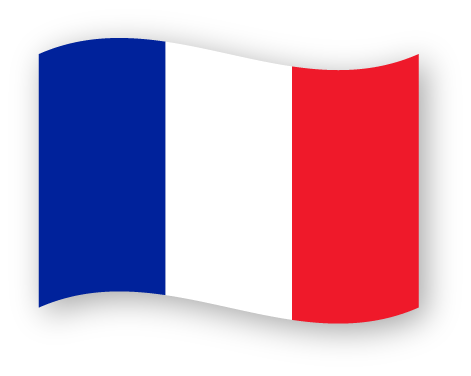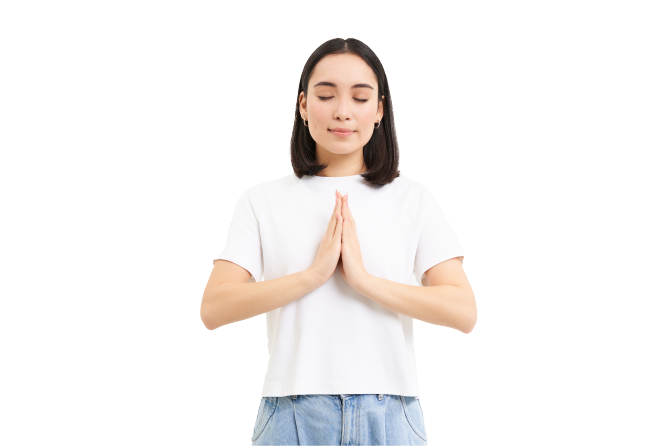The term “Gunas” means “attributes of nature”. Two distinct domains use this term, the domain of the senses and that of psychology.
Gunas and the senses
It is thanks to sensory perceptions that every living being understands the world of matter.
The Gunas are the characteristics which emanate from the observed subject and which are communicated to us through our senses. Ten pairs of opposing sensations allow us to transcribe them verbally.
Thanks to them, we can discuss perceptions of a color, a smell, a type of vegetation, the climate, etc. Everyday language frequently uses the vocabulary of the senses to describe a situation or a person such as “a warm exchange”, “being tough in business”….
In the field of Ayurveda, the gunas are used to define what makes up the 6 flavors (Rasas), the doshas, a substance, the action of a plant.
The refined development of the five senses and the connection with the Gunas is essential for a good understanding even of the theories of Ayurveda. It is through this key that theoretical knowledge enters the field of Ayurvedic care practices.

The twenty gunas in Sanskrit and English
| Guru / Heavy | Laghu / Light |
| Shita / Cold | Ushna / Hot |
Snighda / Moist, fatty, creamy | Ruksha / Dry, rigid |
Manda / Slow, blunt | Tikshna / Penetrating, sharp, fast |
Sthira / Static | Chala / Mobile, Fluid |
Mridu / Soft | Kathina / Hard |
Slakshna / Gentle | Khara / Rough |
Visahda /Clear | Pichchila / Cloudy, viscous |
Sthula / Coarse, broad | Sukshma / Subtle, small |
Sandra / Dense, thick | Drava / Fluid |
The principles of balancing the doshas in Ayurveda are particularly based on the Gunas to overcome health problems.
By bringing the opposite qualities to the imbalances, they are calmed while similar qualities aggravate them. For example, a plant with hot and penetrating Gunas increases Pitta while substances with cold and slow Gunas soothe it.
Trigunas, the psychological dimensions of Prakriti

The philosophical concepts of the Vedas from which Yoga and Ayurveda arise present three tendencies of human nature in its psychology. The Trigunas are Sattva, Rajas and Tamas.
They explain both the characteristic traits embedded in the constitution of an individual and also the temporary states of psychological health that are experienced over the course of a life.
The philosophy of the Vedas encourages progression towards harmony, love, the full expression of the gifts given to us at birth for collective and non-egoistic good.
If certain experiences during life produce personality changes, the plasticity of human psychology is very real and therefore can be evolutionary.
Sattva Guna represents the qualities of purity, goodness, well-being, control of the senses and attraction to spirituality. Sattva is the “quality of goodness” by definition. When sattva is dominant in a person an inherent desire to be good and caring takes over them.
Rajas Guna is the manifestation of attachment to action and its results. The person is guided by passion and desire, leading to impulsiveness and emotionality. Rajas guna is the “active quality”.
Tamas Guna is a tendency towards inertia, towards torpor. The person withdraws from all interests of existence, protecting himself from any emotional event or commitments to the point of a certain inflexibility and rigidity of mind.
The philosophies and field of modern psychology have the majority of their foundations in Eastern thoughts.
Comparative studies on modern and traditional concepts of psychology show that we can associate the reading of the Trigunas with an individual's predispositions for certain disorders.
By observing the Gunas of a person's Prakriti, and momentary behavioral tendencies, traditional yoga and Ayurveda provide a healthy lifestyle plan to promote the transitions of psychological tendencies from Tamas to Rajas, and Rajas in Sattva.






